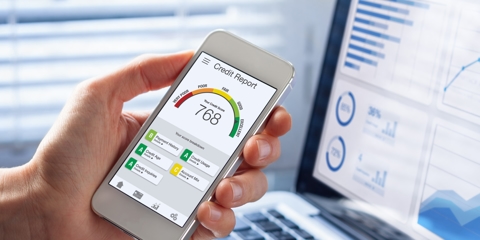Many people who are considering filing for bankruptcy are unsure which type to file, especially if they do not have a bankruptcy attorney to assist with the case. Most individuals file either a Chapter 7 bankruptcy or a Chapter 13 bankruptcy. There are requirements that must be satisfied for each type of bankruptcy, and if an individual meets those requirements, he or she can choose which type of bankruptcy makes the most sense for the situation.
A Chapter 7 bankruptcy is a discharge of debts. Chapter 7 bankruptcies are now limited to individuals with less than a certain amount of income. Some individuals whose incomes are higher than the median income for a family of their size in their state may not be allowed to file a Chapter 7 if their disposable income, after subtracting certain expenses and debt payments, would allow them to pay back a portion of their unsecured debts over a five-year repayment period. In other words, if an individual has a sufficient income to pay down debts, a Chapter 7 may not be allowed.
A Chapter 13 is a reorganization of debts. In a Chapter 13, an individual would file a repayment plan with the bankruptcy court to pay back all of a portion of the debts over time. He or she may have to pay back most of the debts or only a small portion of the debts. The repayment amount depends on how money the person makes, the types of debts and amounts of debts that are owed, and how much property is owned. A Chapter 13 cannot be filed if there are secured debts of more than $1,149,525 and unsecured debts of more than $383,175.
Many people who meet the filing requirements for both types of bankruptcies choose to file Chapter 7, because they will not be required to pay back any portion of the debts. In some cases, however, Chapter 13 is actually a better choice, even though the debtor will be required to pay back a portion of the debts. For example, if a person gets behind on his or her mortgage payments, those payments could be included in the Chapter 13 and could be repaid over time, allowing him or her to keep the house. If that same individual filed a Chapter 7, to be able to keep the house, he or she would have to pay the past due amount at once, and still might lose the house if there is too much equity in it.
As you can see, there are a lot of decisions that go into filing for bankruptcy. It’s critical that a person who is thinking about filing for bankruptcy contact an attorney who is experienced in bankruptcy. If you are looking for a bankruptcy attorney in the Atlanta area, call the Atlanta bankruptcy attorneys at Holston & Huntley. Call us today at (404) 620-3337 consultations are free and you are under no obligation to use our services. We serve Metro Atlanta Georgia as well as Birmingham Alabama including surrounding areas.





